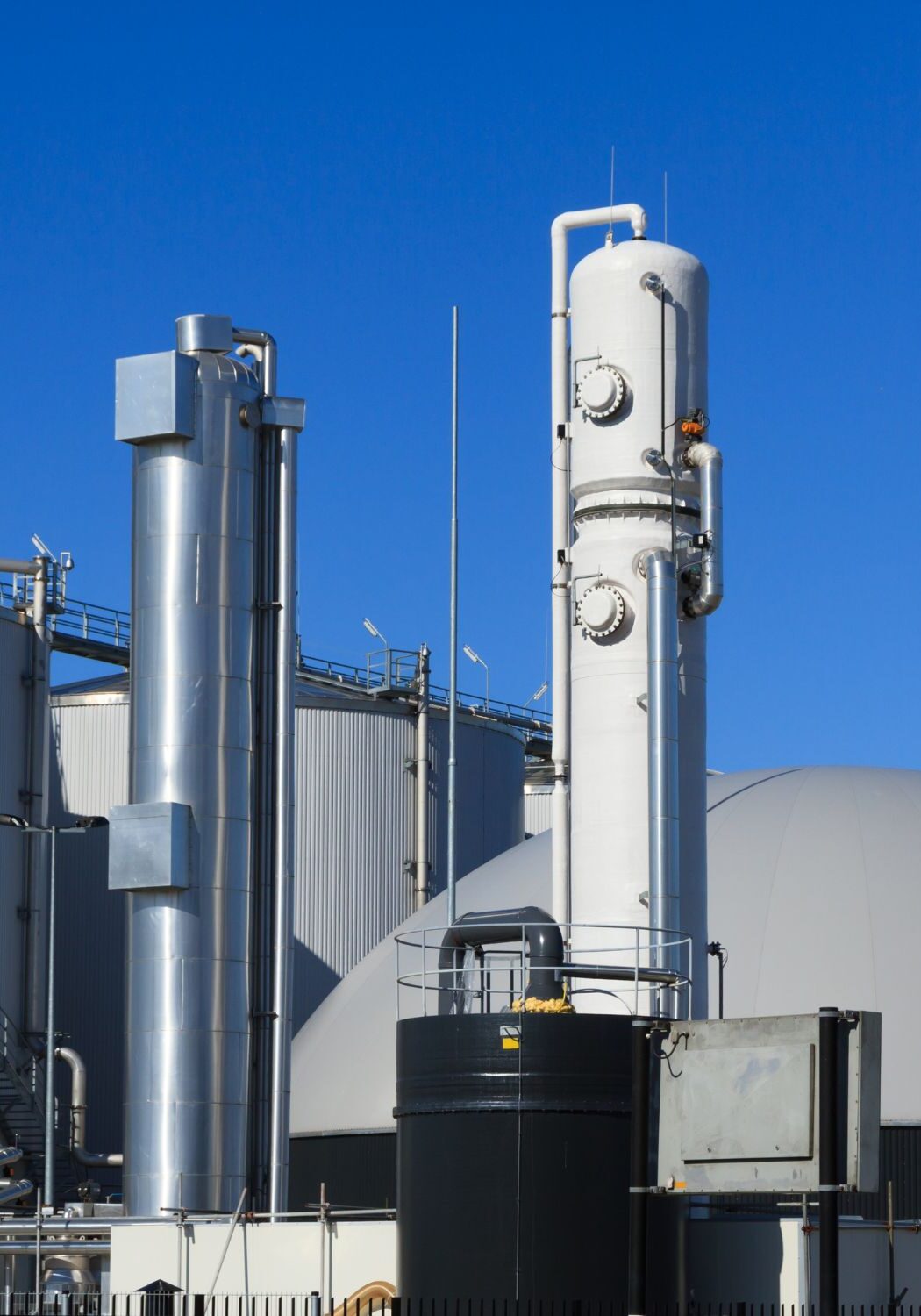
The sustainability model followed by IWR in waste recycling practices is a comprehensive approach that goes beyond the standard definition of sustainability. At IWR, we believe sustainability encompasses not only environmental benefits but also operational and economic viability. This holistic approach guides our practices and ensures long-term success.
Key Principles of Our Sustainability Model
Our sustainability model is built upon three key principles or pillars: operational sustainability, economic sustainability, and environmental sustainability. These principles are crucial for the future of any food company. Without all three pillars in place, a company may struggle to meet requirements, pricing, or provide an affordable service. To be truly sustainable, a waste recycling solution must demonstrate success in all three areas.
Operational Sustainability
Operational sustainability focuses on the practicality and functionality of waste recycling practices. We design and implement solutions that can be effectively executed within the existing operations of a food company. By ensuring that the waste recycling process aligns with our clients' operations, it becomes easier for their employees to adopt and sustain the practices.
Economic Sustainability
Economic sustainability considers the financial aspect of waste recycling practices. We develop solutions that are economically viable and provide a return on investment for our clients. By considering the economic feasibility of waste recycling, we ensure the long-term viability and profitability of their operations.
Environmental Sustainability
At IWR, we aim to handle waste and byproducts in the most environmentally beneficial way possible. This includes diverting products from landfills and tracking the amounts and quantities of waste that are being recycled. By measuring and tracking the environmental impact, we can provide our clients with information on the positive environmental outcomes of their waste reduction solutions.
Certifications and Recognitions
We have received recognition from environmental and regulatory agencies for our sustainability practices. We have also established strong partnerships with nonprofits working in the sector. These certifications and recognitions validate our commitment to sustainability and serve as a testament to our dedication in making a positive impact on the environment.
Continuous Improvement and Innovation
We are committed to continuous improvement and innovation within our sustainability model. Our goal is to handle waste and byproducts in the most environmentally beneficial way possible. We actively monitor and adapt to changes in operations and regulations, as well as advancements in technology. By maintaining a close relationship with food producers, we can quickly respond to changes and identify opportunities for improvement and innovation. This proactive approach allows us to stay ahead of the curve and explore new ways to maximize the environmental and economic benefits of waste recycling practices.

